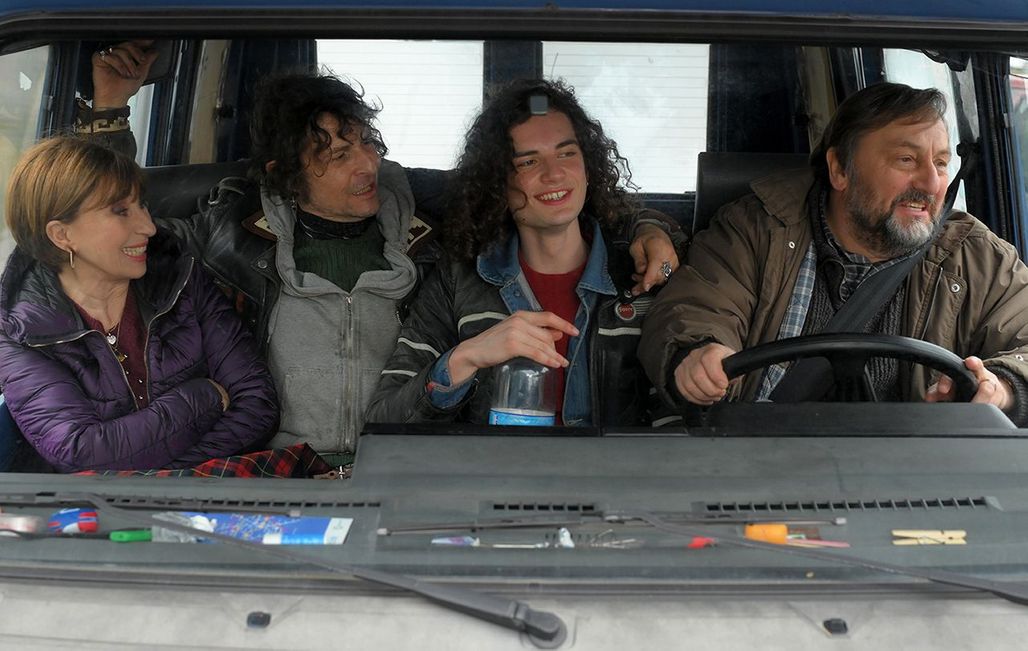
Les Héroïques (The Heroics): putting back the pieces of a broken life

For his first feature film, Maxime Roy adapted François Créton's personal journey for the screen, with the actor playing a family man seeking to take back control of his life after years of decadence. Screened as part of the Special Screenings, Les Héroïques (The Heroics) is a testimony to the everyday struggles of those who go unseen in our society.
What inspired Les Héroïques (The Heroics)?
Meeting François Créton. I realised that there was a story to tell buried in François' difficult childhood and the impact it had on him. I wanted to depict his relationship with the world, fatherhood, and childhood. I also wanted to explore what it means to be a fifty-five-year-old man ruined by a lifetime of alcohol and drugs. I wanted to show how he rebuilt himself.
How did you collaborate?
I went with him to Alcoholics Anonymous and detox centres to get him off the methadone. Something in his struggle to be a good person touched me deeply. It struck me that it was his turn to step into the light, and that for this to happen, I needed to film his battle.
What struck you most about his fight to keep hold of his dignity?
His strength. He had to keep getting up and brushing himself off, the road ahead was long indeed. And what makes this all the more heroic is that it was a fight led in silence, step by slow step.
Was your film a way of giving these people a voice, a face?
Absolutely. The idea was to use the characters of François and his son Roméo (who plays himself in the film) as a way of telling the story of an entire fringe, the people who struggle daily with personal suffering, pain, and injustices, all in silence. The people fighting to exist, although they are invisible.
This film gave rise to a short called Beautiful Loser…
I had been working on the feature film project for a while, but I wanted to test it out to see how François would work on screen. The short film wrote itself in a matter of days, and we shot it less than a week later with a tiny team and a hand-held camera, like a testimonial.
Can you tell us about your aesthetic here?
Because I film my movies myself, I film people the way I see them. It's crucial to me that I experience the scene alongside the actors. I use a hand-held camera so I'm fully immersed in wherever my emotion chooses to take me. Nothing is mapped out. Everything is very instinctive.
Richard Bohringer and Ariane Ascaride join a cast made up of unknowns playing themselves…
I wanted to work with actors who know this environment and context, who are real people. Everyone was on board with this project, because they were tapping into their own intimate selves. The screenplay was tweaked and adapted to each and every person, and I feel like we managed to achieve a kind of collective authenticity, both behind and in front of the camera.
Can you tell us about your next project?
I'm currently working on a second feature film called Des Gens qui doutent, about a young woman on a quest to achieve recognition and validation as she tries to make it as a singer.


